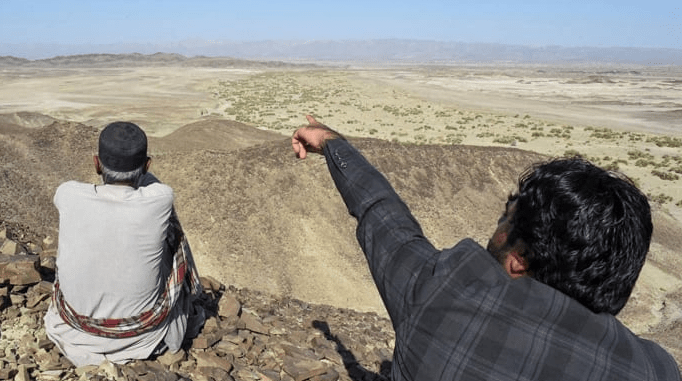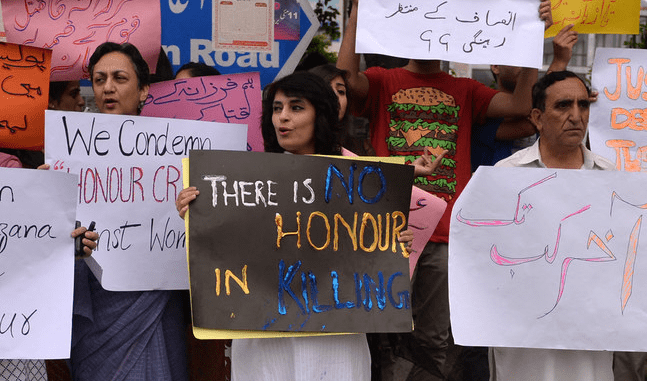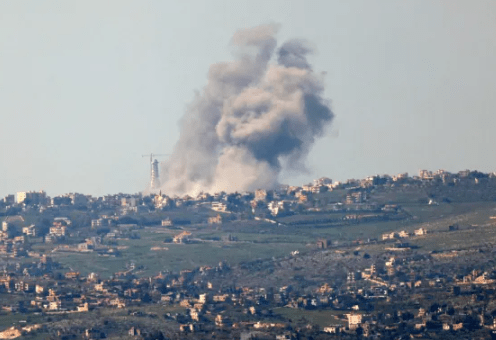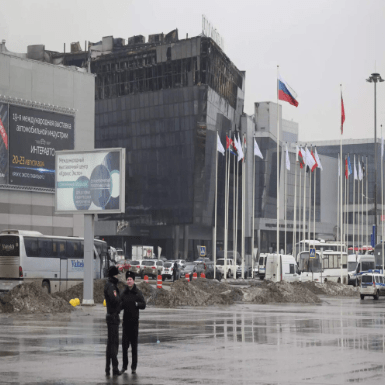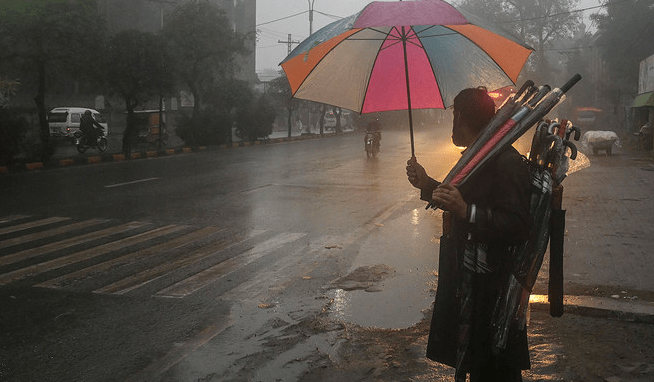‘Our future unknown’: Afghan nationals in India wary of Taliban
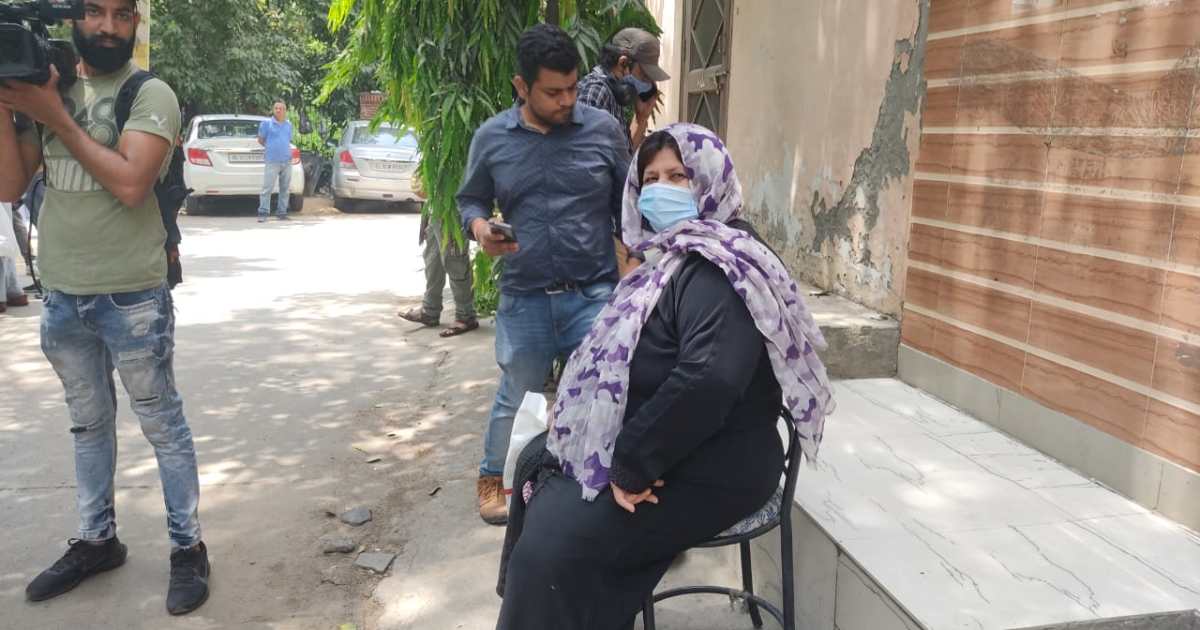
Al Jazeera visits a neighbourhood in the Indian capital that is home to thousands of Afghans now unsure of their country’s future.
New Delhi, India – Last week, Mohammad Nadir, 70, and his wife Jameela left Afghanistan and arrived in the Indian capital on a medical visa for treatment of age-related health complications.
Jameela, who struggles to walk due to the pain in her knees, says she is “a bit relieved because we were lucky that we left on time”.
The couple left Afghanistan as a resurgent Taliban was making a stunning advance as US-led foreign forces leave the war-torn country 20 years after invading it.
In the last two weeks, the Taliban captured major provincial capitals as it headed towards the capital, Kabul, to take control of the government.
Two days after Nadir and Jameela left Kabul, the city’s airport descended into chaos on Sunday as people desperate to flee Taliban rule crowded its tarmac and even clung onto departing planes, some falling to their deaths.
On Monday, US forces announced that they had fired into the air to disperse crowds at the airport. Five people died in the chaos of that day, it remains unclear if they were trampled by the crowds or shot.
All commercial flights at Kabul airport were cancelled as foreign governments scrambled to organise evacuation flights for their diplomatic staff and nationals.
Since Afghan President Ashraf Ghani fled the country on Sunday afternoon, the Taliban has taken control of all government entities, making the future of thousands of Afghan nationals stuck in other nations, including India, uncertain.
The last commercial flight from Kabul to New Delhi landed on Sunday evening, carrying 129 passengers, including current and former Afghan parliamentarians.
“Kabul was occupied by the Taliban when I left the city. I think there will be a new government… Whatever happened has happened because of Ashraf Ghani. People will not forgive him,” Jamil Karzai, former parliamentarian and cousin of former Afghan President Hamid Karzai, told reporters as he arrived in New Delhi on Sunday.
‘Don’t know what will happen next’
As the crisis unfolds in Afghanistan, the UN and the international community are yet to launch efforts to address the situation on the ground.
Nadir and Jameela lamented that “no nations helped us”, adding that they were worried about the safety of their family back in Kabul.
“I have three sons and a daughter. We have heard it is calm in Kabul but we don’t know what will happen next,” Nadir told TV reporters in Lajpat Nagar, a southern Delhi neighbourhood that is home to thousands of Afghan refugees.
India hosts more than 15,000 Afghan refugees and asylum seekers, a UNHCR spokesperson told Al Jazeera.
In New Delhi, most of them live in Lajpat Nagar, Bhogal and Malviya Nagar in the city’s south, where they mostly work in shops, restaurants and pharmacies.
An Afghan neighbourhood in New Delhi’s Lajpat Nagar area [Zafar Aafaq/Al Jazeera]
Nadir said he would like to go back to his family in Afghanistan, but added that it depends on how the situation unfolds in the country in the coming days.
Firdous Mutaqqi, 32, a Kabul resident who also landed in New Delhi three weeks ago on a medical visa, told Al Jazeera he was happy to be in India.
“I came here with my mother on a medical visa. This is a free and peaceful country. In Kabul, I have seen cars blown up in explosions killing innocent people,” Mutaqqi said.
He said he was concerned about his sister who has a college degree. “I do not know if they (Taliban) will allow her to work,” he said.
“If the Taliban wants peace, it should sign agreements with all foreign countries, including India. It should change its mentality.”
Another Afghan national, Noor, who only gave his first name, said his country has been at war for four decades.
“Yes, the Taliban has now taken over but it is good that there was no bloodshed,” he told Al Jazeera.
Anxiety among Afghan students
India also hosts hundreds of Afghan students studying in universities across the country.
A group of Afghan students that reached New Delhi last week [Zafar Aafaq/Al Jazeera]
A group of such students reached New Delhi four days ago on their way to a university in the western state of Gujarat’s Rajkot city.
“We don’t have SIM cards yet and so we have not been able to speak with our families back home,” 21-year-old Haseeb told Al Jazeera on Monday.
His friend Ilyas said: “Our past, present and future is unknown.”
The two Afghan students refused to share their full names.
Another student, who requested anonymity, urged the Indian government to consider visa applications for Afghans who attended Indian universities.
“Some of our friends went back to Afghanistan yesterday as their visas expired after completing their degree. They would have wished to stay here,” he said on Monday.
Student leaders at New Delhi’s Jawaharlal Nehru University have written to the authorities asking for support for Afghan students, including “permissions for visa along with hostel accommodation on an urgent basis”.
Mayukh Biswas, general secretary of the left-wing Student Federation of India (SFI), said all Afghan students enrolled in Indian colleges and universities should be granted urgent visas and their travel to India expedited.
A student group in Indian-administered Kashmir has also started a helpline for Afghan students after it received several calls seeking help for those stuck in Afghanistan.

